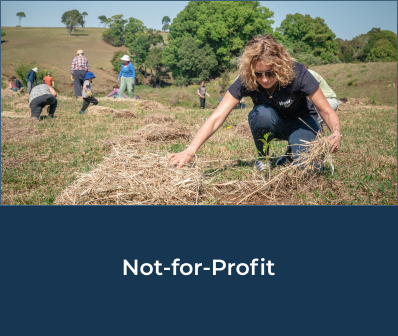It is every investigative professional’s dream to uncover a “smoking gun” during an investigation. A “smoking gun” is the one irrefutable piece of evidence, too obvious for the subject of the investigation to deny. However, the vast majority of cases do not reveal a “smoking gun”, making the investigative professional’s job simultaneously more challenging and much more exciting. During an investigation it is vital to hire a knowledgeable forensic accountant who can identify several pieces of evidence and make critical connections between those pieces, building the case despite the absence of a “smoking gun”.
No Smoking Gun, Now What
When a client hires a forensic accountant for an investigation, they’re often under the assumption that the professional will undoubtedly find a “smoking gun”. The “smoking gun” could be but is not limited to an all-encompassing transaction, document, email, or text message, amongst other items, revealing everything and incriminating the subject. However, this is rarely the case. Working with a professional during any investigation is critical. Often what makes the case is not the “smoking gun”, but rather multiple transactions, calendar invites, text messages, emails, and other documents that form connections to one another, unwrapping the overall scheme. The idea of finding different components of evidence helps the investigator bring the subject down through “death by a thousand cuts”. While a “smoking gun” makes the forensic accountant’s job much more straightforward, identifying key pieces of evidence that help build a case, when done effectively, often yields the same outcome.
Outsmarting the Criminal
Subjects of investigations are often intelligent, savvy, and sometimes just one step ahead which is why it is crucial to work with experienced investigative professionals (such as a forensic accountant). Through training and experience, forensic accountants are equipped with the knowledge to recognize where to begin the search for essential information and transactions, leaving no stone unturned. Criminals are clever, and they will use all the knowledge they can to their advantage to conceal fraud and theft. For example, a subject may avoid using their work email to send an incriminating email. If they do, they will most likely be aware of the data backup systems to ensure that IT personnel cannot recover their emails. An experienced forensic accountant is already aware of these risks and knows about system back-ups. Therefore, they will apply their investigative skills to areas where the subject may not thought to cover their tracks. For example, an incriminating email may be deleted from the inbox and subsequently deleted from the trash before being backed up. Still, the subject may not have deleted a calendar invite listing attendees or other details, revealing clues that could lead to uncovering the overall scheme.
Piecing the Information Together
Whether or not there is a “smoking gun”, the most important aspect of an investigation is maintaining objectivity and having the ability to think outside the box. Not one investigation is the same as another; therefore, the ability to look beyond the obvious and request information based on what the investigators have found along the way is key to a successful investigation – each step builds on the last. You may scope the investigation with clear process steps, but one of those steps may shift your focus to an entirely new direction based on newly exposed crucial information. For example, you can be in the process of reviewing invoices, which appear to be legitimate, when suddenly a colleague who was interviewing a key employee walks into the room with new information obtained through the investigation related to phony invoices provided by one specific supplier. At this point, the entire investigation has just shifted to a more focused approach. Based on the information provided by the interviewee, the investigator can now request all invoices and supporting documentation from this identified supplier and review those with a more focused lens. Based on the invoices and emails reviewed and information provided during an interview, the scheme is a step closer to being unraveled. Forensic accountants not only uncover fraud, but also help you build a case.
GG Observations
While identifying a “smoking gun” is the best-case scenario during a forensic audit, there are other ways to build an incriminating case, such as “death by a thousand cuts”. A forensic accountant knows what to ask and can dig deep into records to uncover multiple transactions that fit together to form a solid case.




























